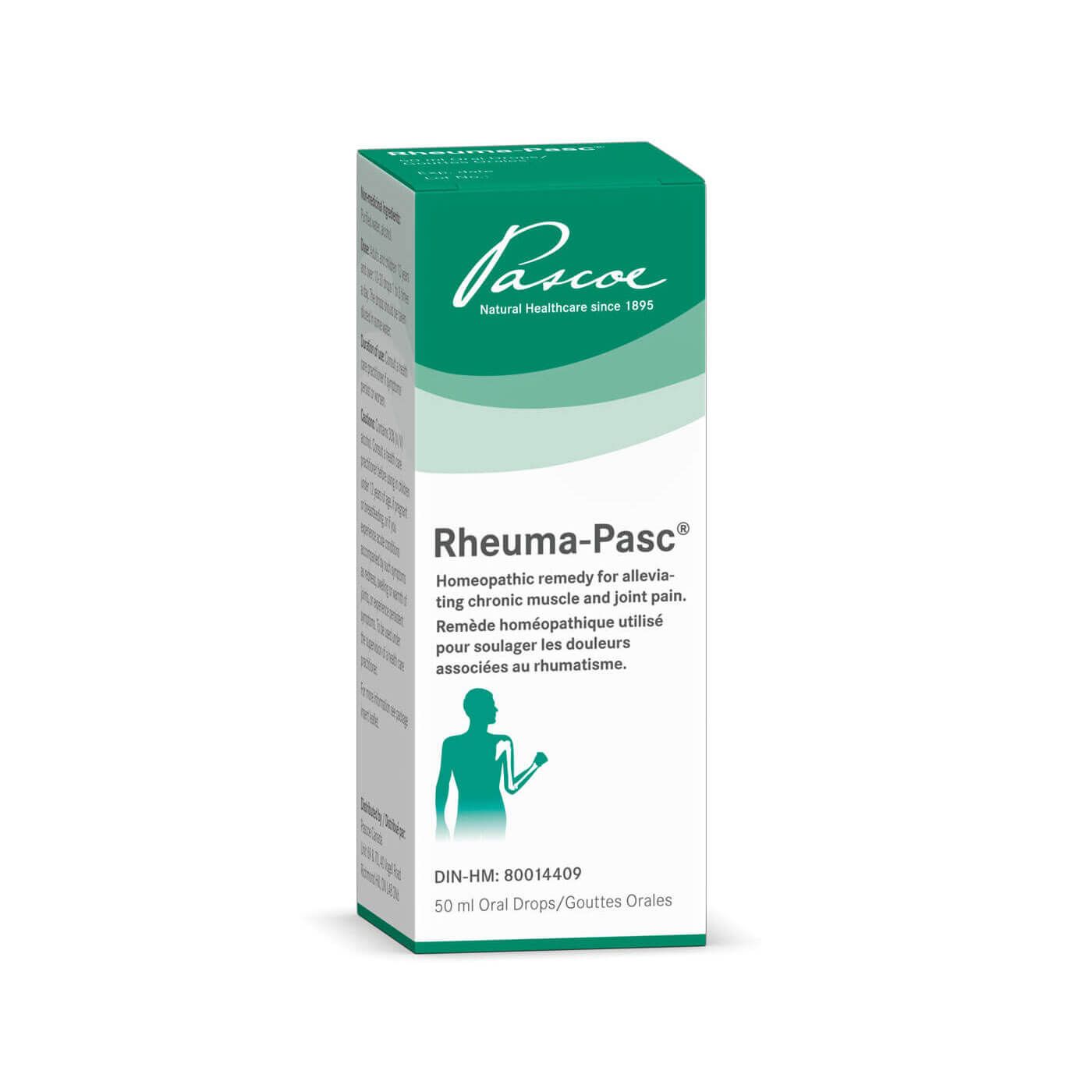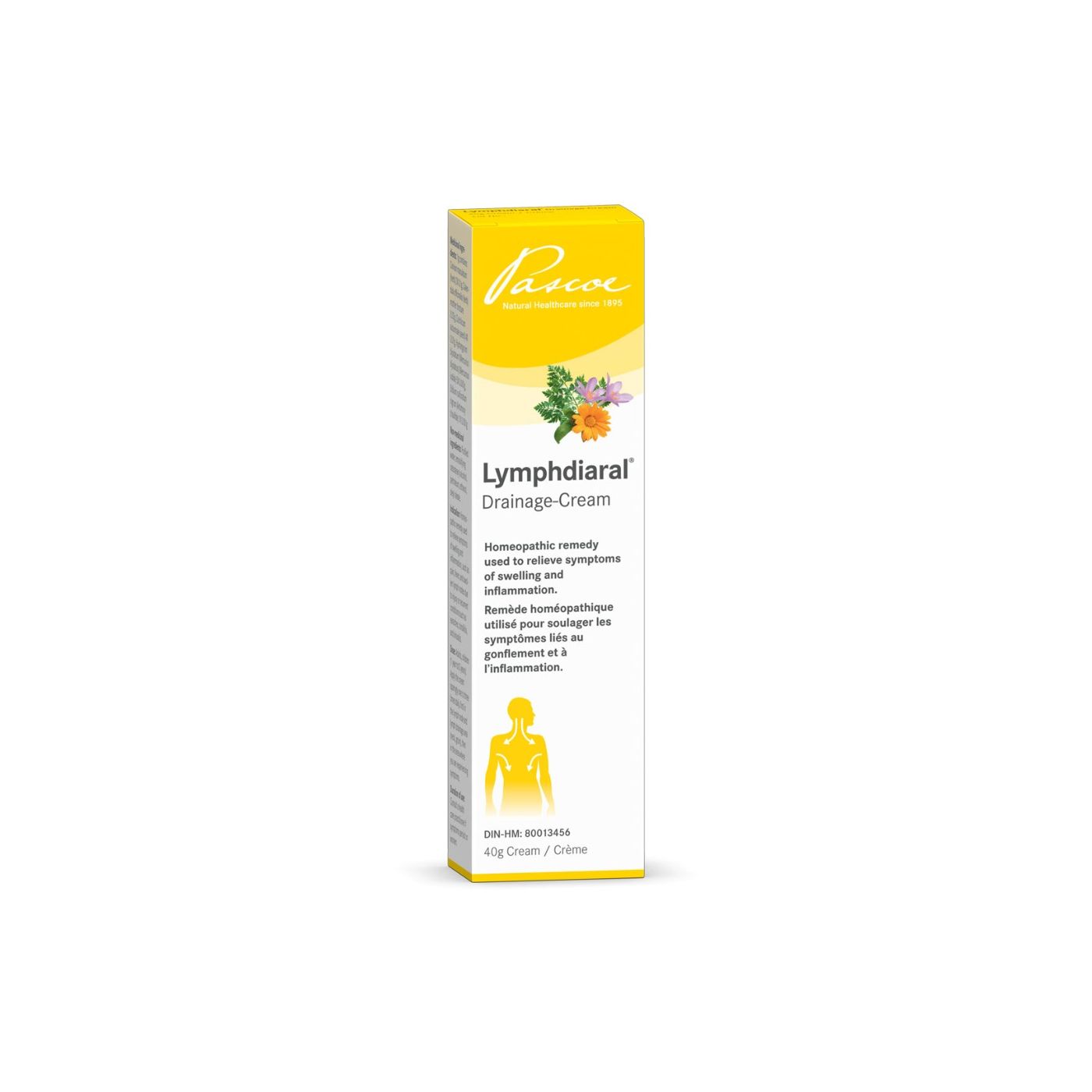Natural Ways to Live with Arthritis
Arthritis is a common condition that affects millions of people worldwide. Arthritis is inflammation of the joints, which can lead to pain, stiffness, and swelling. There are many different types of arthritis, each with its own causes, symptoms, and treatment options. If you are looking for natural ways to cope with the challenges of arthritis pain, read on!
We'll explore the causes, symptoms, types, and treatment options for arthritic inflammation, including many natural remedies and supplements that can help with joint pain relief.
Causes of Inflammation Arthritis
Arthritis can be caused by a variety of factors, including your particular genetics, as well as physical injuries, infections, and certain lifestyle factors.
Some of the most common causes of arthritis include:


- Genetics: Some types of arthritis, such as rheumatoid arthritis and ankylosing spondylitis, are believed to have a genetic component, meaning they are more likely to occur in people who have a family history of the condition.
- Injury: Joint injuries, such as a broken bone or torn connective tissues, can increase the risk of developing arthritis in that joint.
- Infection: Certain infections, such as Lyme disease and viral hepatitis, can lead to arthritis symptoms.
- Lifestyle factors: Obesity, poor diet, and lack of exercise can increase the risk of developing arthritis.
Does Arthritis Cause Swelling?
The symptoms of arthritis can vary depending on the type of arthritis and the severity of the condition. Some common symptoms of arthritis include:
- Joint pain: Pain in one or more joints is a common symptom of arthritis. The pain may be dull or sharp, and it may be worse after periods of inactivity or overuse. A sedentary lifestyle can lead to chronic muscle pain.
- Joint stiffness: Stiffness in the joints, especially in the morning or after sitting for long periods of time, is another common symptom.
- Swelling: Swelling and inflammation in the joints can cause them to feel tender and sore.
- Redness and warmth: Inflammation in the joints can cause the skin around the joint to appear red and feel warm to the touch. This is what you may be perceiving as “swelling”.
- Limited range of motion: Arthritis can make it difficult to move the affected joint, leading to a limited range of motion.
The Different Types of Arthritis
There are more than 100 types of arthritis, but there are two that are most common.
Osteoarthritis (OA) is the most common type of arthritis and occurs when the cartilage in the joints breaks down over time, leading to pain, stiffness, and swelling.
Rheumatoid arthritis, on the other hand, is an autoimmune disorder in which the body's immune system attacks the joints, leading to inflammation, pain, and joint damage.
Options for Arthritis Pain Relief
Treatment for arthritis depends on the type and severity of the condition. Some common treatments include:
- Medications: Nonsteroidal anti-inflammatory drugs (NSAIDs), such as ibuprofen and naproxen, can help provide pain relief for arthritis. People with rheumatoid arthritis (RA), can take disease-modifying antirheumatic drugs (DMARDs), such as methotrexate and sulfasalazine, to help slow the progression of and treat RA.
- Physical therapy: Physical therapy can help improve joint function, flexibility, and strength. A physical therapist can teach you exercises and stretches to help manage symptoms and relieve pain.
- Surgery: In severe cases of arthritis, joint replacement surgery may be necessary to replace the damaged joint with an artificial joint.
Natural Solutions and Supplements for Joint Pain and Arthritis
In addition to traditional medical treatments, some natural remedies and supplements may help manage arthritis symptoms. These include:
- Turmeric: Turmeric is a spice that contains curcumin, a compound with anti-inflammatory properties. Taking turmeric supplements or adding turmeric to your diet may help reduce inflammation and help with easing pain caused by arthritis..
- Omega-3 fatty acids: Omega-3 fatty acids, found in fatty fish like salmon and tuna, may help reduce inflammation and improve joint function.
- Ginger: Ginger has anti-inflammatory properties and may help reduce pain and inflammation. Try adding ginger to your diet or taking ginger supplements!
- Glucosamine and chondroitin: Glucosamine and chondroitin are supplements that are commonly used to manage joint pain and stiffness.
- Gnaphalium polycephalum is a plant species commonly known as "Jersey Cudweed" or "Fragrant Cudweed." It has a number of traditional medicinal uses, including as a remedy for respiratory ailments, headaches, and rheumatism. It can also be used to treat wounds or skin irritations. Recently, there has been growing interest in its potential health benefits, being studied for its anti-inflammatory, antioxidant, and antimicrobial properties.
Talk to your doctor about which of the above options is best for your condition, to manage symptoms with the least amount of side effects.
Tips for Managing Daily Activities with Arthritis
Living with arthritis can be challenging, but there are many things you can do to make daily activities easier.
Try using adaptive tools, such as jar openers and reachers, to make it easier to perform day-to-day tasks. Other more extensive modifications can be made to your home, such as installing grab bars and handrails, if necessary.
Stay physically active in a variety of ways to help improve joint function and reduce pain and stiffness. Low-impact exercises, such as swimming and yoga, can be particularly beneficial for people with arthritis. Although, don’t forget to also take breaks! Taking breaks throughout the day can help reduce fatigue and manage arthritis symptoms.
Finally, manage your stress levels. Stress can worsen arthritis symptoms, so it's important to find ways to manage stress, such as through meditation or relaxation techniques.
How To Prevent Joint Damage and Manage Stress
Preventing joint damage and managing stress are key components of managing arthritis. Some tips for preventing joint damage and managing stress include:
- Avoid repetitive motions: Repetitive motions, such as typing or using a computer mouse, can cause joint damage over time. Taking frequent breaks and using ergonomic equipment can help prevent joint damage.
- Practise good posture: Maintaining good posture can help reduce stress on the joints and prevent joint damage.
- Get enough rest: Getting enough rest can help manage arthritis symptoms and prevent joint damage.
- Practice stress management: Managing stress can help reduce inflammation and manage arthritis symptoms. Techniques such as meditation, deep breathing, and yoga can be particularly helpful.
Arthritis is a common condition that can lead to feelings of pain, stiffness, and swelling in the joints. While there are many types of arthritis, each with its own causes, symptoms, and treatment options, there are many treatment options also!
Traditional medical treatments can often be necessary for managing arthritis, however, natural remedies and supplements can also be helpful. Manage your daily activities and make necessary lifestyle adjustments to prevent joint damage, and don’t forget to manage your stress. These are all key components of managing arthritis.
By following these tips and working closely with a healthcare provider, you can manage your symptoms and improve your overall quality of life.
Disclaimer
Pascoe Canada does not offer health or medical advice as we are not a healthcare practitioner. Please speak with your healthcare practitioner before beginning any program related to nutrition, diet, exercise, fitness, medical, and/or wellness. All content published by Pascoe Canada is developed through collaborating with licensed medical professionals and contributors. This includes text, graphics, images, and other material on the website, newsletter, and products (“Content”). This content is for informational purposes only and does not constitute medical advice. The content does not substitute professional medical advice, diagnosis, or treatment. Please always do your own research on whether this is for you along with your healthcare practitioner advice. Always consult your healthcare practitioner prior to using specific herbs because you might have underlying conditions that need professional care. The content is general in nature and is subject to change. It is not intended to cover all possible uses, directions, precautions, warnings, drug interactions, allergic reactions, or adverse effects.




